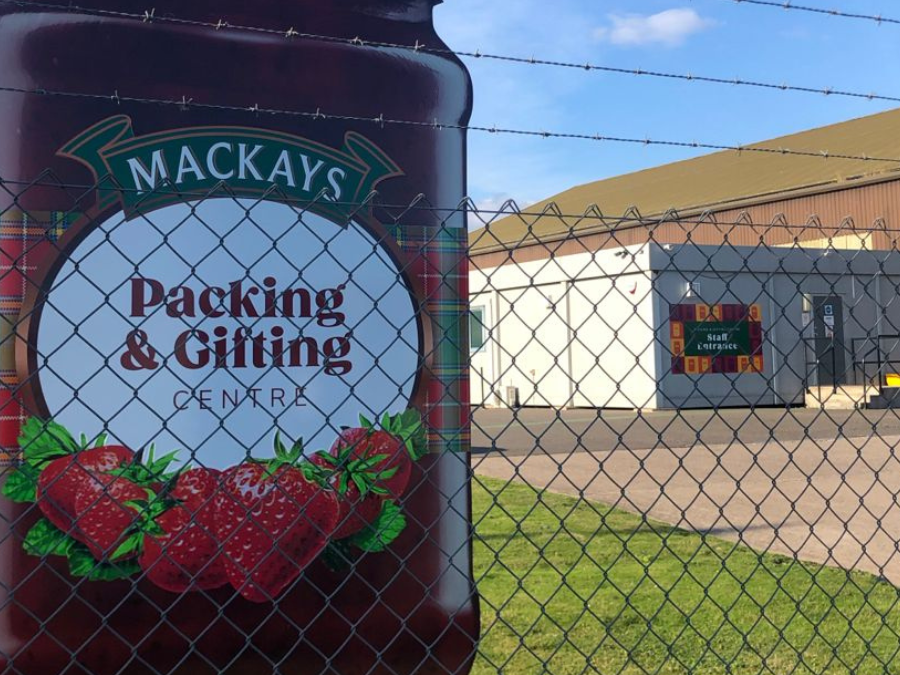
Canada-based investment firm Permian Industries has invested in UK jam business Mackays.
Financial details were not disclosed. In a statement, Mackays described the deal as “a major investment” and Permian Industries as “a major strategic investor”. Mackays declined to comment further when approached by Just Food.
Family-owned Permian Industries, headquartered in Toronto and led by Bruce Mitchell and his sons Scott and Andrew, owns and manages eight businesses. The companies, based in North America, span food processing and distribution, agriculture, packaging and technology.
Martin Grant, who will remain managing director at Mackays, said: “We are really thrilled to have the Mitchell family on board, they are committed to our long-term success. They understand our business, manufacturing processes, the heritage of our products and family businesses.
“Building on the successes of the company, this investment will enable the company to look to the future and take it to the next level, growing Mackays into a more significant brand, not just in Scotland, but around the world.”
Mackays produces jam, marmalade and chutney in Arbroath, Scotland.
Access the most comprehensive Company Profiles
on the market, powered by GlobalData. Save hours of research. Gain competitive edge.

Company Profile – free
sample
Thank you!
Your download email will arrive shortly
We are confident about the
unique
quality of our Company Profiles. However, we want you to make the most
beneficial
decision for your business, so we offer a free sample that you can download by
submitting the below form
By GlobalData
However, in the jam maker’s full accounts for 2022, it reported an operating loss of £57,000 ($69,000) compared to a profit of £78,000 the previous year.
The company turned over £18.7m in 2022, up from £17m the year prior.
The report said: “UK sales accounted for 72% of sales which was higher in both percentage and revenue terms compared with last year. International sales reduced to 28% of turnover.”
Grant added: “The Covid-19 pandemic continued to cast a shadow over all businesses, large and small, and the company did not escape the long-term effects.
“This led to continuing uncertainty, due to the ongoing and developing impact of the pandemic.
“The company then had to deal with the inflationary bubble that arose coupled with the cost-of-living crisis. Pricing of both sales and purchases became extremely difficult.”
